Classical
What is Classical Education?
Classical education, or liberal arts education, is perhaps the greatest inheritance of Western culture.At its core, education is deciding and passing on the way we should live to the next generation. Classical education believes that a respect (piety) for our parents and culture is essential to deep learning, and that learning how to love, feel, and think rightly is the essence of the right way to live. Through all that we do, students are trained in the “arts of freedom” or the liberal arts. Both the verbal arts - grammar, logic, and rhetoric - and the mathematical arts - arithmetic, geometry, music, and astronomy - lead the learner to contemplate God through the study of philosophy and theology. Ultimately, we pray that the fully-trained, graduating students have been discipled to love and imitate God and His works, which are good, true, and beautiful, and to scorn and desire to set to rights all that is amiss in themselves and our fallen world.
Sometimes, a student or parent will ask “Why do you study Latin?” Here are two resources that you might find helpful to answer this question:
“True education is a form of repentance. It is a humble admission that we’ve not read all that we need to read, we don’t know all that we need to know, and we’ve not yet become all that we are called to become.”
Resources that Shape Us
WHILE NOT AN EXHAUSTIVE LIST, HERE ARE A FEW OF OUR FAVORITES
The Abolition of Man by C.S. Lewis- The best concise criticism of “data-based” and deconstructionist modern education, Lewis sets out to show how traditional education trains up real humans, instead of “men without chests.”
The Trivium by Sister Miriam Joseph – This book is an essential reference for all of us as teachers and parents in classical schools. Sister Joseph lays out not only what the verbal arts are, but also gives a condensed reference of the arts in action, including a helpful primer of grammar, logic, and rhetoric.
Desiring the Kingdom by James K. Smith – Smith argues that human beings are primarily “loving” creatures rather than "thinking" ones, meaning any true education has to re-orient and re-order the desires of our hearts if we are to truly be transformed. He follows Socrates and Augustine in this line of thinking that humane education is primarily the task of bringing right order to the disordered soul and mind. We must learn to love what is True and desire the Creator whose Beauty and Goodness flows out into His creation.
Range by David Epstein and In Defense of a Liberal Education by Fareed Zakaria - These two works together paint a picture of the value of a broad, classical education in a world that is increasingly specializing younger and younger. Whether in school, sports, career, or music, there is an increasing pressure to go narrow and deep instead of broad with range. At Veritas we believe that a well-rounded and diverse classical education in the liberal arts and sciences allows students invaluable “sampling time” when young to learn more who God has gifted them to be.
